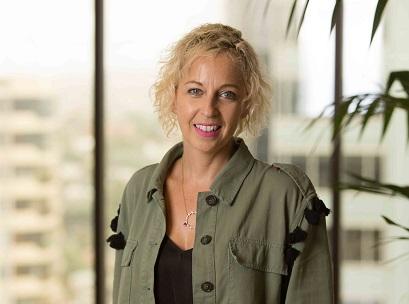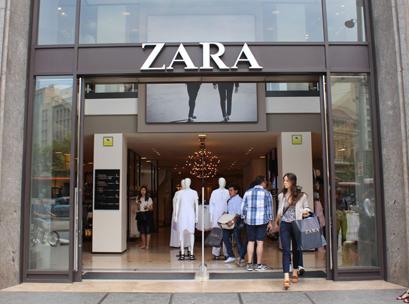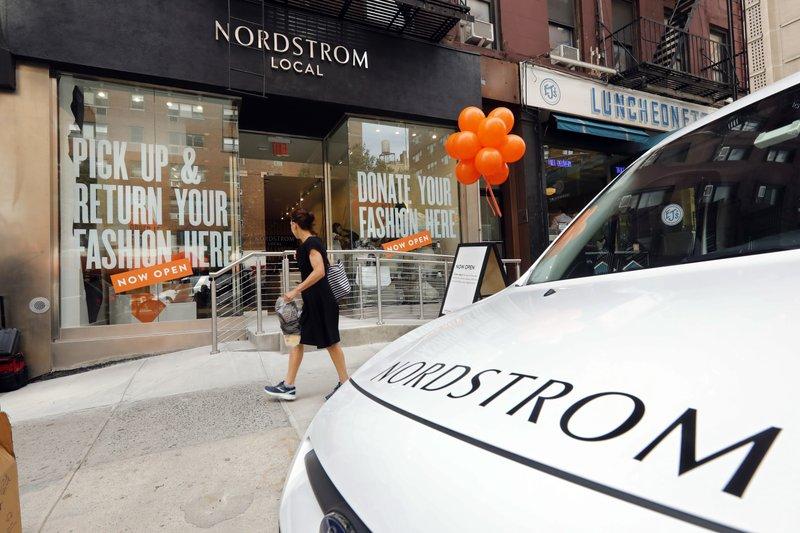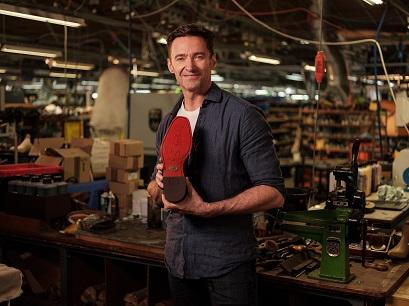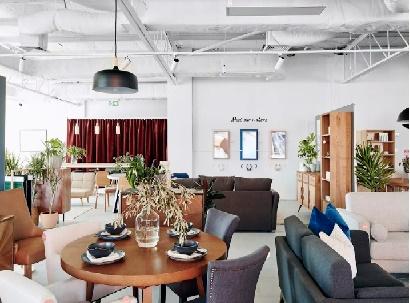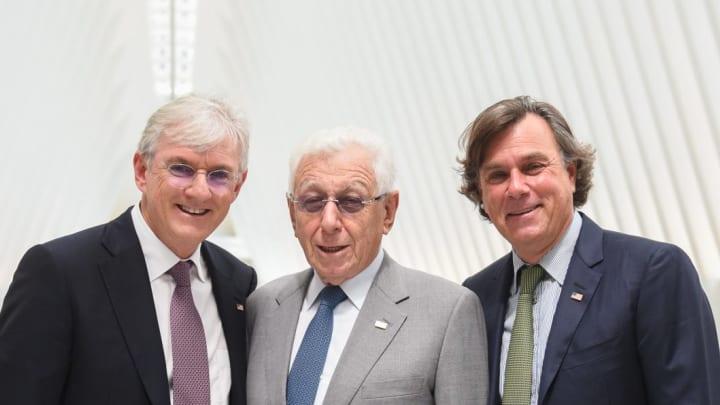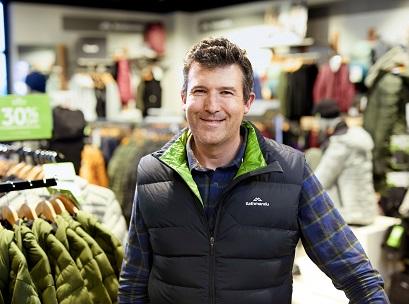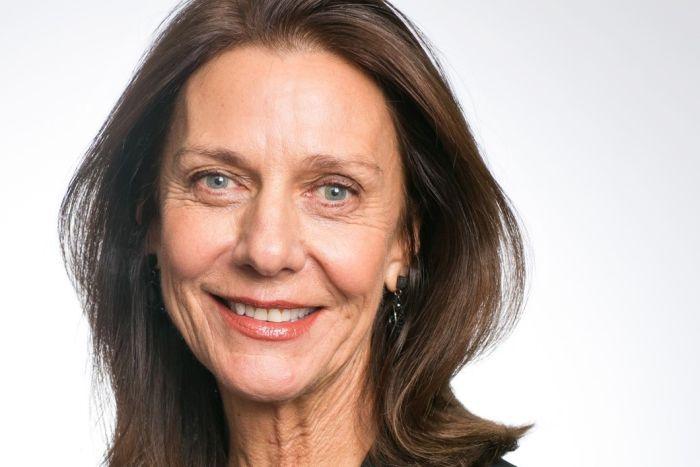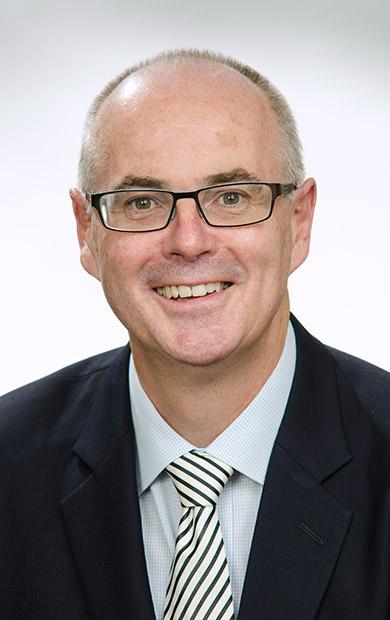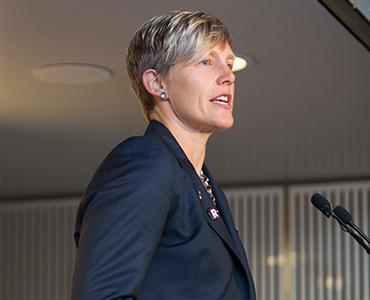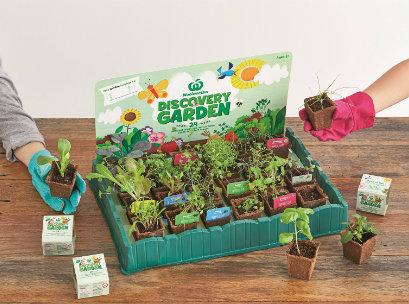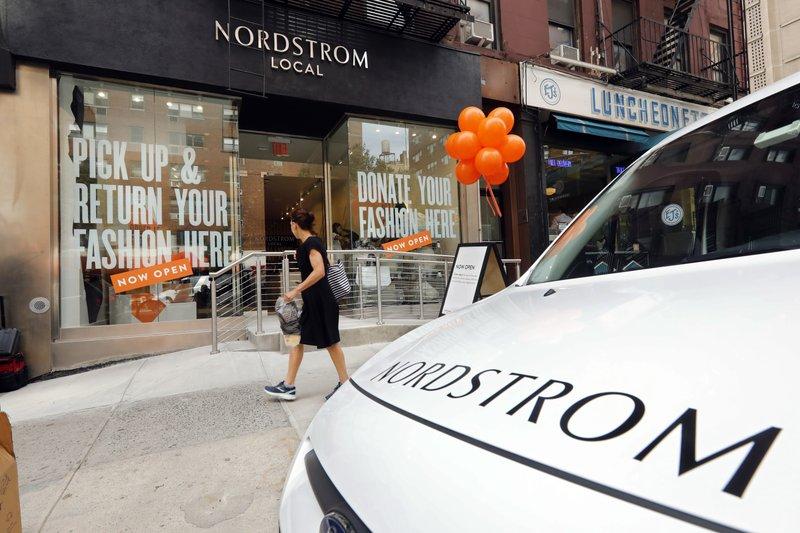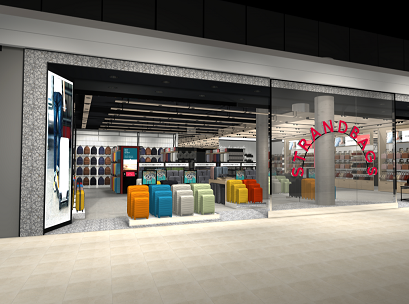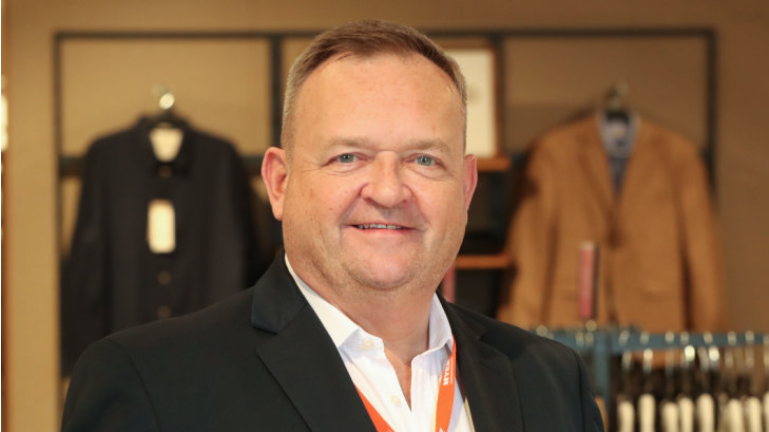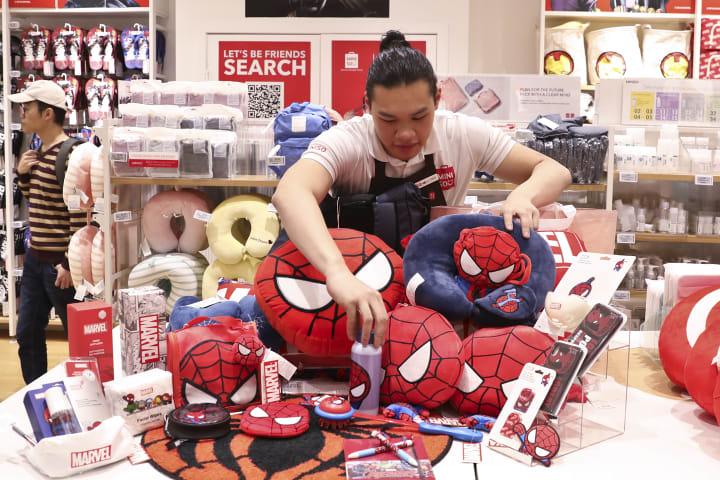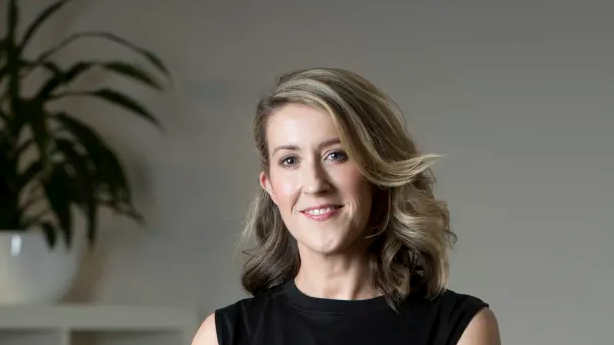
Pioneering online beauty retailer Adore Beauty is expanding in Australia and overseas after founder and Young Rich lister Kate Morris sold a 60 per cent stake to Quadrant Private Equity.
Ms Morris started selling beauty products from the garage of her Melbourne home 20 years ago, when e-commerce was in its infancy, and with the help of husband James Height has built Adore into Australia's leading online beauty platform.
Sales have grown six-fold in four years - from $16 million in 2016 to an annual run rate of more than $100 million in 2020 - as Adore took share from bricks-and-mortar retailers such as Myer and David Jones.
But for Adore to achieve its ambitious growth plans the company needed to bring in external investors after buying back a 25 per cent stake acquired by Woolworths four years ago.
After six months of talks led by KPMG, Ms Morris and Mr Height have agreed to sell a 60 per cent stake in Adore to Quadrant's new $400 million growth fund.
Ms Morris, 40, was understandably apprehensive about selling control of her baby to private equity investors.
"I've had this business 19 years and I don't think I could have parted with any of it for someone I didn't really trust," Ms Morris told The Australian Financial Review on Monday.
Before agreeing to the deal, Ms Morris spoke to other business owners who have teamed up with Quadrant, whose previous investments have included Kathmandu, Burson, QSR Holdings, Amart and Barbecues Galore.
"Finding a partner who was going to respect the culture and values that have enabled Adore to deliver the results that it's delivered and is part of what makes us special ... was super important," she said.
"All the founders I spoke to had had a positive experience and said it was something they would do again and if we had the opportunity to work with Quadrant we should do it."
Ms Morris and Mr Height are selling down a portion of their 100 per cent interest, and Quadrant is investing additional capital to accelerate the company's growth.
Adore, which sells more than 220 beauty brands, plans to expand into new verticals such as fragrance, ramp up marketing to attract new customers and invest in technology and content to improve customer engagement.
"Consumers are more engaged with the category than they have ever been and looking for more information and education - the information we've been able to provide as a brand-agnostic retailer seems to be really resonating with consumers," Ms Morris said.
"We're acquiring more and more customers, and the customers we have are spending more with us every year."
After entering the New Zealand market two months ago, Adore plans to take advantage of strong interest from international customers, which accounts for about 45 per cent of site traffic, and explore expansion into Asia, adapting its site to include localised content, brands and currencies.
"We have so many international consumers coming to our site for the content it kind of makes sense to sell them something at some point," she said.
The sale price was not disclosed. But based on average valuations for e-commerce businesses of about 1.1 to 1.2 times revenues, Adore is estimated to be worth more than $110 million, valuing Quadrant's 60 per cent stake at more than $60 million.
Quadrant managing director Justin Ryan, partner Simon Pither and investment associate Youngsoo Kim will join the Adore Board.
The Adore stake is Quadrant's first pure-play online retail investment and the third this month founded by a woman.
"It's different to what we've done in the past - we've done a lot of consumer work and in bricks and mortar - but we all agree the future is in e-commerce and we really like what Kate and James have done," Mr Ryan said.
"They've built an unbelievable culture, it's a big market and they've carved out a nice niche - I think it has a very exciting future," he said.
Earlier this month Quadrant agreed to buy majority stakes in Love To Dream, which designs baby swaddles and sleepwear, and ModiBodi, which makes leak-proof apparel, underwear and swimwear.
Quadrant's exit options include an initial public offering, trade sale or sale to another private equity fund.
Ms Morris, who debuted on The Financial Review Young Rich List last year with an estimated wealth of $30 million, has not ruled out selling her entire stake in the future.
"Every business at some point is either sold or wound down so that's a potential outcome at some point ... right now I'm super excited about the growth that we have ahead of us - it's so much fun at the moment."
